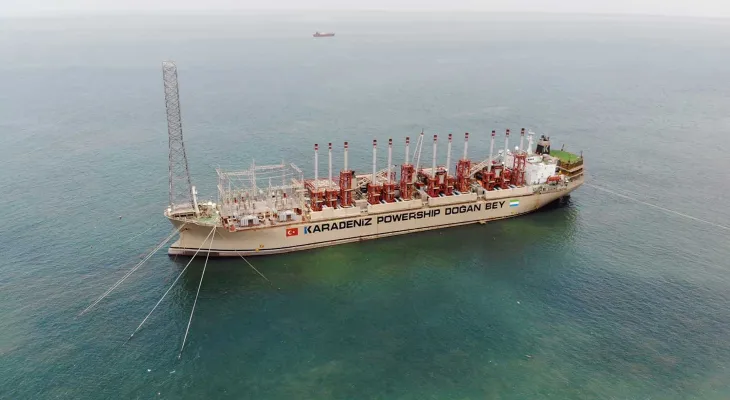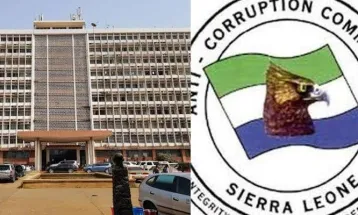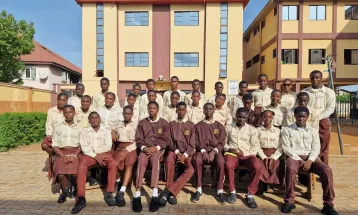
Karpowership Urges Sierra Leone Government to Uphold Agreement
Amidst escalating concerns over energy supply, Karpowership, a leading energy provider, has made a fervent appeal to the Sierra Leonean government to honor their contractual obligations. In a letter circulated on social media platforms, the company expressed deep-seated apprehensions regarding the prolonged nonpayment by the government, leading to the suspension of a significant portion of its operations within the country.
The missive, dated April 9th, 2024, served as a poignant reminder of the indispensable role played by Karpowership in ensuring a consistent and reliable source of energy for Sierra Leonean communities since 2018. However, the company's continued commitment to this endeavor has been jeopardized by the government's failure to meet its financial obligations, resulting in a substantial backlog of unpaid invoices dating back to 2022.
Karpowership's plea for prompt payment of the outstanding amount, totaling US$27,102,555, underscores the urgency of the situation and the critical need for immediate redress. Failure to adhere to the specified deadline of April 15, 2024, would compel Karpowership to suspend its services, thereby exacerbating an already precarious energy crisis plaguing the nation.
The ramifications of such a suspension would be far-reaching, with implications not only for domestic consumers but also for vital infrastructure and humanitarian operations reliant on uninterrupted access to electricity. Consequently, Karpowership emphasized the imperative nature of the government's compliance with the agreed-upon terms, urging expediency in effecting the requisite payment to avert further disruptions.
In elucidating the rationale behind their stance, Karpowership cited the untenable financial strain precipitated by the prolonged delay in payments, compounded by market constraints and lender obligations. The company's insistence on receiving the outstanding amount in USD underscores the necessity of adhering to international financial norms and obligations.
Moreover, Karpowership unequivocally communicated its intention to assert its contractual and legal rights in the event of continued noncompliance by the government, emphasizing the non-negotiable nature of the deadline stipulated in the letter. This firm stance serves as a testament to the company's unwavering commitment to upholding the terms of the agreement while safeguarding its own interests and integrity.
In conclusion, Karpowership's plea to the Sierra Leonean government encapsulates the gravity of the situation and the imperative need for concerted action to address the prevailing energy crisis. By honoring its contractual obligations and prioritizing the timely settlement of outstanding dues, the government can not only mitigate the immediate risks posed by a potential suspension of services but also reaffirm its commitment to fostering a conducive environment for investment and economic growth in Sierra Leone.




















